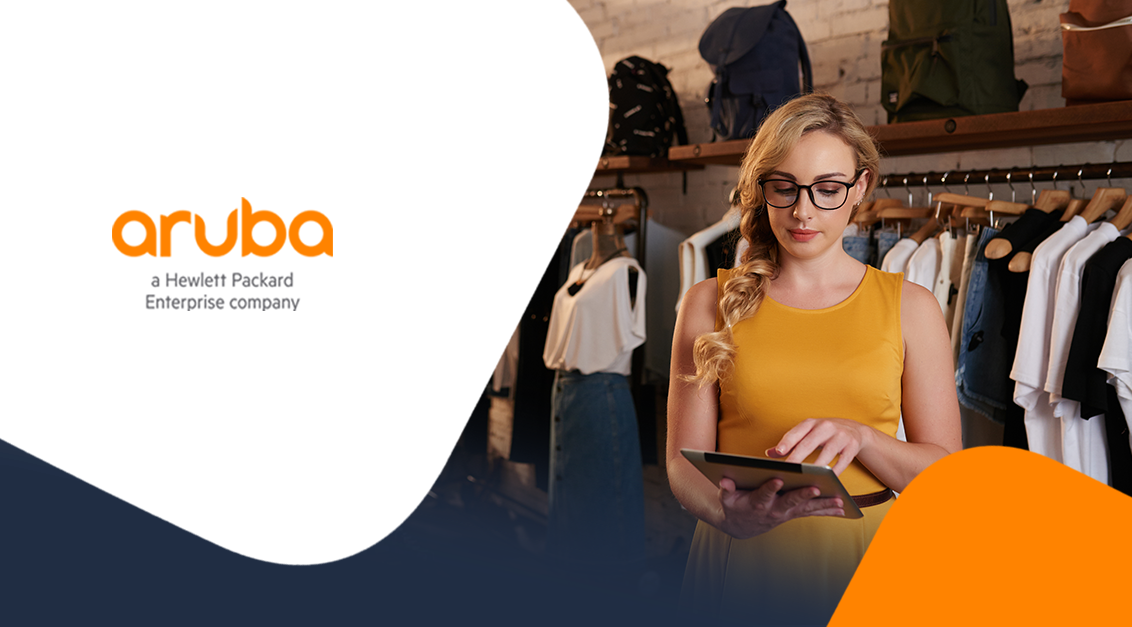Customer behavior was already changing before the coronavirus outbreak, but the pandemic has accelerated the move to the Internet like no other year before.
Along with a rapid change in customer behavior, the pandemic has also accelerated the adoption of technology, causing some retailers to implement projects in a matter of days and weeks that had been in the works for months.
How has technology helped retailers adapt to changes in customer behavior during the pandemic?
It's uncertain whether customers will return to the high street and resume their omnichannel behavior, but what we do know is that retailers are taking advantage of technology to meet customers where they are, whether online, in-store or a mixture of both. And international experience shows these results well.
1. Automation can help solve store deficiencies, says Capgemini
As customers increasingly demand a more convenient shopping experience, retailers are looking for technologies that can help keep stores relevant in digital times.
A survey by Capgemini, a French multinational company that offers consulting, technology, professional and outsourcing services, revealed that consumers around the world believe that automation can be used to eliminate some of the difficulties of buying in-store, such as the lack of stock of items.
Almost 60% of consumers also said they would be willing to switch their shopping from retailers that don't use automation to stores that use automation technologies, as long as it meant a better customer experience - a continuation of the shift towards the more fickle consumer.
2. Asos launches See My Fit to replace model photo shoots
When the pandemic went into full swing, retailers started using technology to solve some of the problems that the first lockdown brought with it.
British online fashion and cosmetics retailer Asos began testing the use of augmented reality (AR) technology to demonstrate the fit of clothes before the coronavirus showed its ugly face, and when social distancing rules prevented models from visiting its studios, the retailer launched its See My Fit technology to allow online shoppers to get a better idea of how a garment will look on their specific body type.
The technology superimposes clothes on six real-life models representing different body types to demonstrate the fit.
3. Ocado has hired 300 technology workers in the last six months
Although some retailers have faced difficulties over the last year, people's shift to living indoors has been beneficial for online retailers.
In the early days of the pandemic, Ocado, one of the largest online food retailers, was forced to take down its website to cope with the volume of traffic, but recovered by hiring technology to meet the increased demand.
In its interim half-year results in July 2020, the digital grocer said it had hired 300 additional technology staff to ensure the company and its partners could meet increased demand, while also growing its platform to extend its leadership as a provider of online grocery fulfillment solutions.
4. Lush's 25-year journey towards digital excellence
While many retailers have quickly implemented technology to deal with the pandemic, some have been using it for years.
Cosmetics company Lush has a 25-year history of experimentation, most recently with technology, and during the pandemic launched the Lush Lens AR app, which allows customers to use their mobile devices to check a product's ingredients and instructions to remove the need for packaging.
The retailer has a dedicated Tech Warriors division responsible for researching and developing artificial intelligence (AI), machine learning (ML), virtual reality (VR) and AR-powered services.
5. M&S and Ocado enter first week of online delivery partnership
In 2019, M&S and Ocado entered into an agreement whereby M&S took a 50% stake in Ocado's UK retail business, with access to the Ocado Smart Platform, and would eventually give customers access to M&S-branded products when ordering online from Ocado.
In September 2020, in the midst of the pandemic, the deal finally went through, as customers were able to start ordering M&S products through the Ocado online shopping platform.
Pandemic behavior change will continue for many consumers
Customers have spent the year getting used to visiting stores as sparingly as possible, increasing their appetite for online ordering, click and collect and convenience.
A large number of customers said that this new way of shopping could have a lasting impact on how they buy products going forward, with 44% of consumers saying that their new habits will remain.
In fact, customer behavior was changing long before the coronavirus pandemic accelerated the online shopping boom, so retailers have increasingly relied on technology this year to capture customers any way they want to buy.
This ranges from using technology to make people feel safer when venturing back into stores to locating exact stock availability so that no one has to stay in the store for too long.
It's clear that the world of physical retail will have to change if it wants to keep up with increasingly demanding consumers.
Contact the experts at Conversys now and find out about Aruba Networks' security, network management and connectivity solutions. We're on hand to help you overcome new challenges.
About Conversys
Conversys IT Solutions is a provider of Information and Communication Technology services and solutions operating throughout Brazil.
With a highly qualified technical and commercial team and a network of partners that includes the main global technology manufacturers, Conversys IT Solutions is able to deliver customized IT and Telecom Infrastructure solutions to clients.
We invest in our employees and partners and strive for a long-lasting relationship with our clients, because we believe that this is how we gain the skills and knowledge we need to innovate and generate value for the businesses in which we operate.
